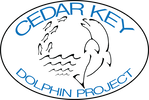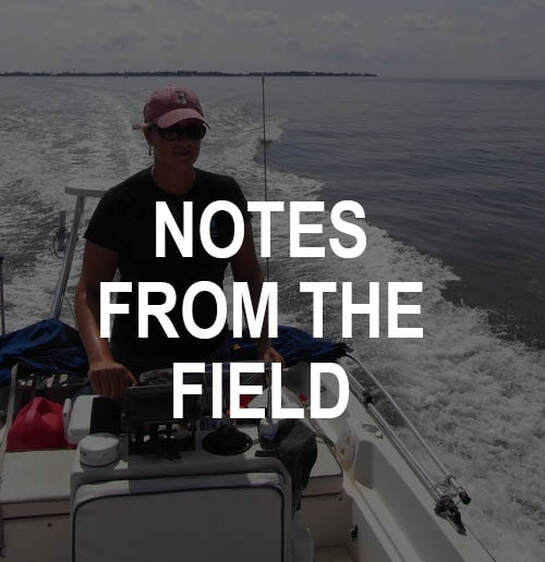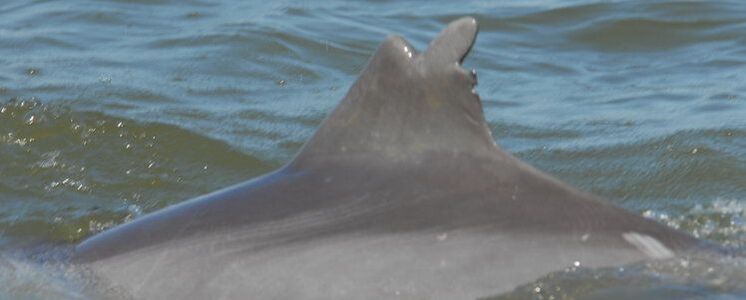All dolphin photography taken under MMPA Permit #21938-03.
May not be used for commercial purposes.
Our goal is to conserve bottlenose dolphins through research, collaboration, and education.
In 2001, Dr. Stefanie Gazda, then an M.S. student at the University of Massachusetts Dartmouth under the guidance of Richard Connor, came to Cedar Key, Florida to study a feeding behavior a local fisherman had captured on video. This driver-barrier behavior was the first documented case of a division of labor with role specialization in a marine mammal, and the second one in any mammal.
From this research, the work has expanded to include the social structure, foraging ecology, and habitat use of these dolphins. The dolphins of Cedar Key hold a wealth of information and may provide valuable information on the health of the ecosystem of the Gulf of Mexico. Dolphins are a long-lived species and as a result are suited to long-term research studies. You can help with this goal by donating to the Cedar Key Dolphin Project. All proceeds will go directly towards research expenses. |
Report a Dead OR Injured Marine MammalCall or Text the UF MArine Animal Rescue Hotline:
352 477 0344 Call the FWF Wildlife Alert Hotline:
1 888 407 3922 |




